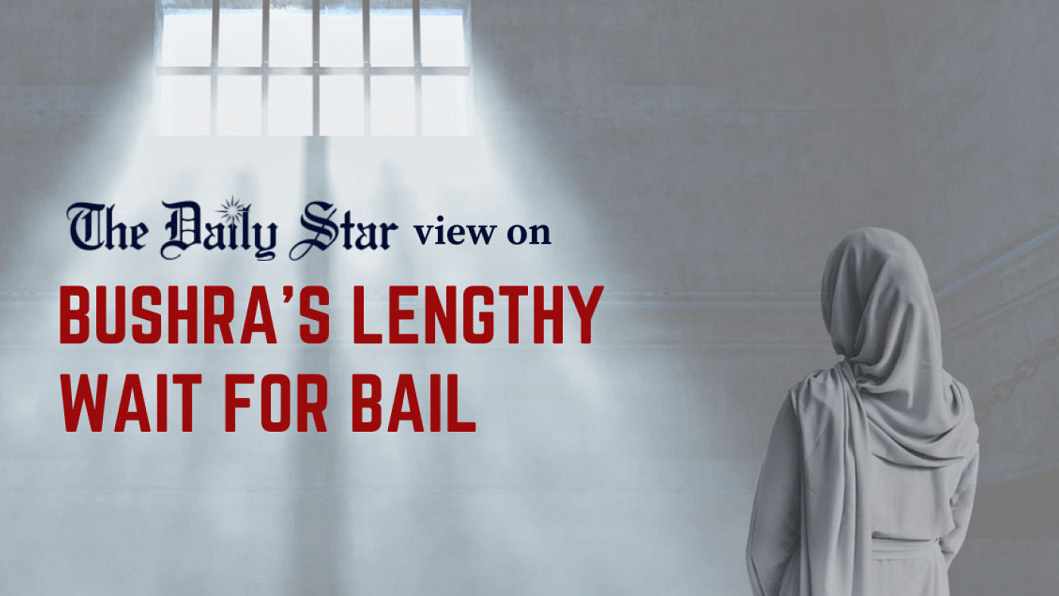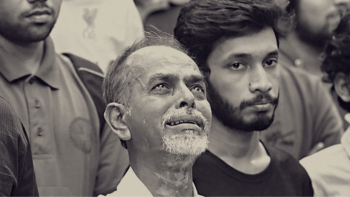Delayed bail is delayed justice

It is disheartening to know that Amatullah Bushra, an accused in the murder case of BUET student Fardin Noor, may have to stay in jail for a few more weeks despite being cleared as a suspect by the investigators. On Wednesday, the Detective Branch of police and the Rapid Action Battalion claimed that Fardin had "died by suicide" after jumping off a bridge into the Shitalakkhya River, in a dramatic turnabout from earlier claims made since his body was found on November 7. Bushra, locked up soon afterwards, will reportedly have to wait until January 5 for a hearing on her bail petition to be finally released.
Why, you ask. Perhaps a more fitting reaction would be – why not. In a case that has consistently produced confusion, heartaches, and controversies from the start, Bushra's prolonged incarceration and consequent suffering seem like a "natural" outcome. Her exoneration comes as a welcome relief, of course. But her jail/bail conundrum highlights how, in our floundering criminal justice system, the direction of a case is sometimes influenced by external factors. Often, how quickly or belatedly a bail is granted, an arrest is ordered, or a verdict is reached, is decided by how high up the priority list a case is. Only recently, we've had a case where two BNP leaders were promptly sent to jail by a magistrate court, on a Friday no less, ahead of the party's December 10 rally. We have had cases where high-profile victims, like Major Sinha, got unusually swift justice.
Conversely, we have victims like Tanvir Mohammad Toki, a student from ordinary family backgrounds, whose body was found in the same Shitalakkhya River, but who has yet to get justice even after nearly a decade, despite one of the accused issuing a confessional statement implicating influential people. In Bushra's case, the reason for the delay seems to be administrative. It can, and should, certainly be fast-tracked. After all, it is a failure of the judiciary and, by extension, the state when a falsely accused person continues to suffer behind bars. The bitter taste left by such delays that are witnessed in judicial proceedings – starting from investigation to conducting a trial to reaching a verdict – is hard to erase.
Fardin's murder case, up until this point, has been all about bitter taste. For over a month, the investigators, including the DB and the RAB, have failed to establish the cause of his death, or a plausible motive, which will be acceptable beyond doubt. Even their latest conclusion of suicide has been questioned by many, including Fardin's father. We do not know if this failure is because of incompetence or if there are ulterior motives at play. Whatever it is, we urge the higher authorities to take steps to get to the bottom of this case – and all such cases – and ensure speedy justice.


 For all latest news, follow The Daily Star's Google News channel.
For all latest news, follow The Daily Star's Google News channel. 








Comments